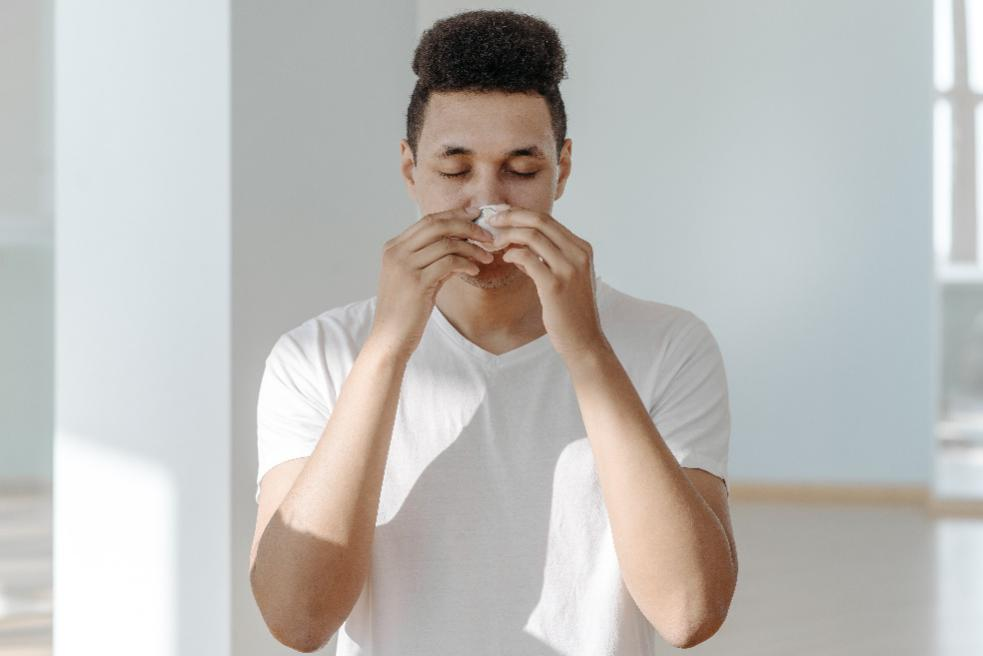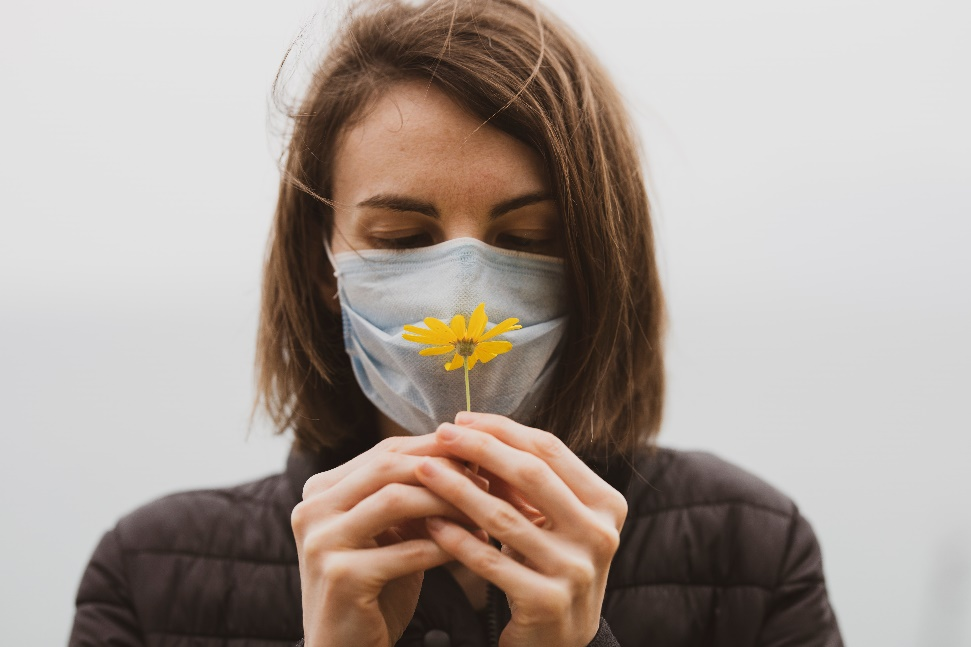7 tips for managing allergies during the pollen season

Pollen season is a challenging time for individuals with allergies. The abundance of pollen in the air triggers many uncomfortable symptoms, such as sneezing, itching, congestion, and watery eyes.
However, with proper management and proactive measures, you can alleviate the impact of pollen on your allergies.
Let's learn about 7 effective tips for effectively managing allergies during the pollen season.
1. Monitor Pollen Counts
Stay informed about the pollen counts in your area. There are apps that show pollen forecasts daily. By knowing the pollen levels, you can plan your outdoor activities accordingly. When the pollen count is high, try to limit your time outdoors.
2. Close Your Windows
While it may be tempting to let fresh air into your home, keeping windows closed during pollen season can significantly reduce pollen exposure. Turn on the air conditioning or fans to circulate air indoors, and consider using high-efficiency particulate air (HEPA) filters to trap pollen particles.
3. Practice Good Hygiene
Pollen can easily stick to your clothes and hair, exacerbating your allergy symptoms. Shower and wear clean clothes after you have been outdoors to remove pollen that may have accumulated on your body. This simple practice can help minimize exposure and reduce symptoms.
4. Create an Allergy-Free Zone
Designate a specific area in your home as an "allergy-free zone." This can be your bedroom, where you spend a significant amount of time. Cover your mattress and pillows with allergen-proof covers. Keep your room clean and free from potential allergens like dust mites and pet dander.
5. Wear Protective Gear
When spending time outdoors during pollen season, consider using a face mask, hat and sunglasses to protect your face and eyes from pollen particles. Additionally, wearing a pollen mask or using a bandana to cover your nose and mouth can help filter out pollen and reduce its impact on your allergies.

6. Optimize Indoor Humidity
Maintaining optimal indoor humidity levels can help alleviate allergy symptoms. Dry air can worsen nasal congestion, while excessive humidity brings out mold and dust mites. Use a dehumidifier or humidifier to maintain a comfortable humidity level between 30% and 50%.
7. Consult with a Virtual Doctor for Allergies
If your allergy symptoms persist or worsen, seeking medical advice from a virtual doctor for allergies can provide valuable guidance and personalized treatment options. You can receive a comprehensive evaluation, discuss your symptoms, and receive an online allergy prescription if necessary.
Take control of your allergies today with a convenient and affordable consultation with a virtual doctor. Visit TelMDCare to schedule your online appointment for managing allergies during pollen season!